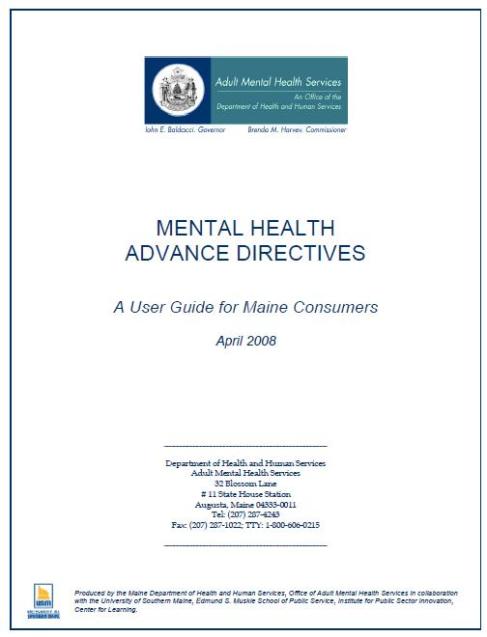Unrequited love is the love human beings experience most of the time. The very need to be fully requited may be to turn from the possibilities of love itself. Men and women have always had difficulty with the way a love returned hardly ever resembles a love given, but unrequited love may be the form that love mostly takes; for what affection is ever returned over time in the same measure or quality with which it is given? Every man or woman loves differently and uniquely and each of us holds different dreams and hopes and falls in love or is the object of love at a very specific threshold in a very particular life where very, very particular qualities are needed for the next few years of our existence. What other human being could ever love us as we need to be loved? And whom could we know so well and so intimately through all the twists and turns of a given life that we could show them exactly, the continuous and appropriate form of affection they need?
Requited love may happen, but it is a beautiful temporary, a seasonal blessing, the aligning of stars not too often in the same quarter of the heavens; an astonishing blessing, but it is a harvest coming only once every long cycle, and a burden to the mind and the imagination when we set that dynamic as the state to which we must always return to in order to feel ourselves in a true, consistent, loving relationship.
Whether our affections are caught in romantic love, trying to see our neighbors as ourselves or trying to love a great but distant God, our love rarely seems to be returned in the mode that it is given. That gift is returned in ways that to begin with, we rarely recognize. Human beings live in disappointment and a self-appointed imprisonment when they refuse to love unless they are loved the self- same way in return. It is the burden of marriage, the difficult invitation at the heart of parenting and the central difficulty in our relationship with an imagined, living God. The great discipline seems to be to give up wanting to control the manner in which we are requited, and to forgo the natural disappointment that flows from expecting an exact and measured reciprocation, from a partner, from a child, from a loving God.
We seem to have been born into a world where love, except for brilliant, exceptional moments, often seems to exist from one side only, ours – and that may be the difficulty and the revelation and the gift – to see love as the ultimate letting go and through the doorway of that affection, make the most difficult sacrifice of all, giving away the very thing we want to hold forever.
Excerpt from UNREQUITED taken from The Reader’s Circle essay series. ©2011: David Whyte.




 by Katti Gray, Special to CNN
by Katti Gray, Special to CNN